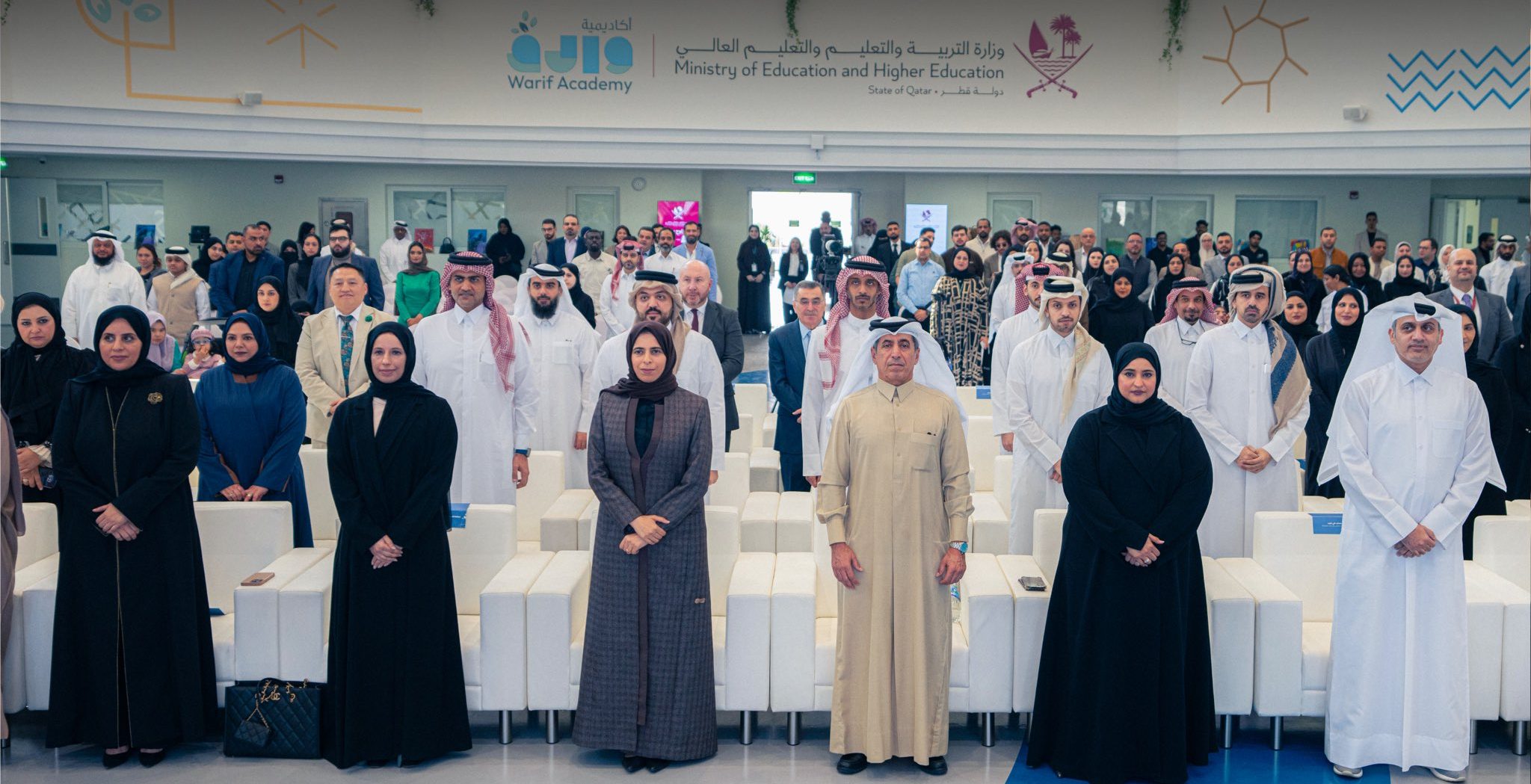Do you enjoy a good cup of Karak? If so, then you may have contributed to Qatar’s tea consumption ranking in the Middle East.
Qatar is among the top 10 countries in tea consumption in the Middle East and North African region, according to recent statistics.
Ranking 7th after Kuwait, Saudi Arabia, Morocco, Egypt Oman, and Tunisia, Qatar recorded a total consumption of 0.6 kilograms per person, followed by Iraq, Jordan, and Bahrain with 0.5 kg.
The United Arab Emirates came last, with only 0.4 kg of tea consumption per person, compared to Kuwait, which came first with 1.2 kg.
However, despite the differences between the countries, the per capita consumption rate exceeds the global average, which is around 0.2 kilograms.
But this comes as no surprise given the significance of tea not only in the MENA region, but globally.
The drink is the most consumed beverage in the world after water, with its trade earning the second largest market globally in the hot drinks sector after coffee, according to Al Jazeera Net.
Read also: What is ‘exclusive’ new social media app Clubhouse and is it safe?
Dating back before 2737 BC, tea is said to have originated from China and was used for medicinal purposes, specifically as a sedative. For centuries, drinking tea was a huge part of Chinese culture before it even reached the West and the rest of the world.
In Qatar, the consumption of tea is mainly through Karak – an Indian style blend of tea, milk, water, sugar, and cardamom. In the last few decades, Karak has emerged as a staple of Qatari culture, with tea shops sprouting across the country.
It is believed that workers from India and Pakistan who moved to Doha in the 50s and 60s introduced the phenomenon to the country.
After locals in Qatar got a taste of the sweet, rich tea, small changes where made and a new version was adopted across Qatari society.
Follow Doha News on Twitter, Instagram, Facebook and Youtube







